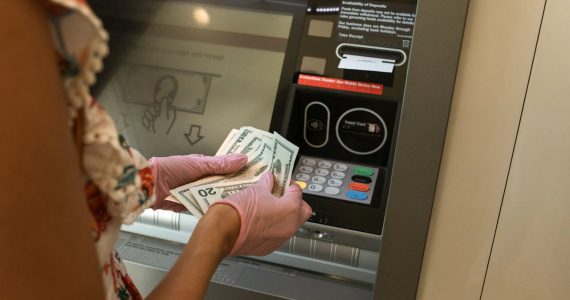Even Millennials Have A Tendency To Experience Burnout
Work can easily take its toll on any person, even on the younger generation. Work-related stress can zap one’s energy. Whenever this happens, the output tends to become substandard, or you fail to meet deadlines. One would think that millennials are bursting with drive and energy day in and day out.
Compared to the generations before them, people expect millennials to be in tiptop shape most of the time. Well, the reality is that they experience as much burnout (or are susceptible to it) as the Gen Xers and Baby Boomers do. They’re only human, and a person can only do so much. Perhaps the only edge that they have over their predecessors is their biological age. Other than that, millennials do have a limit as well.

If you have them on your team, you need to know how to help maintain their energy level and prevent burnout. Burnout happens when the quantity and quality of performance begin to show signs of deterioration, or when you fail to see workers regularly due to absenteeism.
These are the usual manifestations that may signal that burnout is imminent. It is up to the individual to handle stress. However, you, as the manager, supervisor, or business owner, can help arrest the situation by observing these simple guidelines.
 Ease up on the rules
Ease up on the rules
The younger generation wants more freedom to do their things and make decisions on their own. Of course, we’re not saying that you should trash your company policies. Rather, try to foster an environment where your team feels empowered and trusted to take responsible action.
Consider having “flex policies” that address the different ‘ways’ of people. Rules that tend to be rather restricting are likely to cause resentment and defiance among the younger workforce.Should this happen, they either openly or silently experience stress because they feel that they do not have the liberty to do certain things that to them, are just reasonable.
 Be generous with recognition
Be generous with recognition
Do not scrimp on praises and positive feedback. These go a long way in easing the stress at work. If your millennials know that they are doing a great job because you often tell them so, then they are bound to be more driven to put in extra efforts and be inspired to keep on working for the team. Any worker who is not given proper feedback on his performance is groping in the dark because he does not have an accurate gauge of how he’s doing.
 Acknowledge the uniqueness of the person
Acknowledge the uniqueness of the person
 Allow time off
Allow time off
Be creative in your employee programs that promote work-life balance and the overall welfare of your staff. Employees, managers, supervisors, and business owners as well, need to take a breather and recharge their batteries.
No matter how tight the deadline you’re trying to meet, allow some brief time to shake off the monotony and stress. A simple meditation, or perhaps getting a cup of coffee and some snacks can clear off the mind and refocus on the task.
 Show them the money
Show them the money
Recognition is important, but so are monetary rewards. Your Millennials are professionals and independent people who have bills to pay, debts to settle, and dreams to build. Offering them cash incentives is one great way to motivate them further. Whether it’s a pay raise or a bonus, what’s important is that they will feel more fulfilled and satisfied for the hard work they are doing because the reward is tangible.
 Help them break away from stressful habits
Help them break away from stressful habits
Habits are hard to break, but not impossible. You can help your young workers to break free from stress-inducing habits like always staying up too late in the office or not taking a break. You can do this by promoting an environment that allows people to take time off or perhaps imposing a “no-staying-after-7” rule to discourage regular overtime work that hampers productivity in the long run.
Multi-tasking should also be discouraged because it depletes the energy and focus of the person and prevents him from devoting enough attention to a certain task or job.




